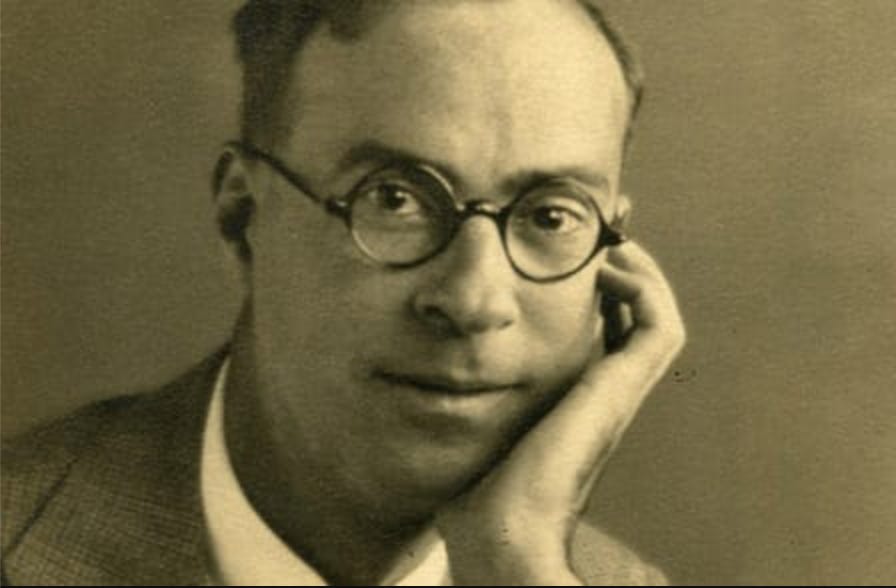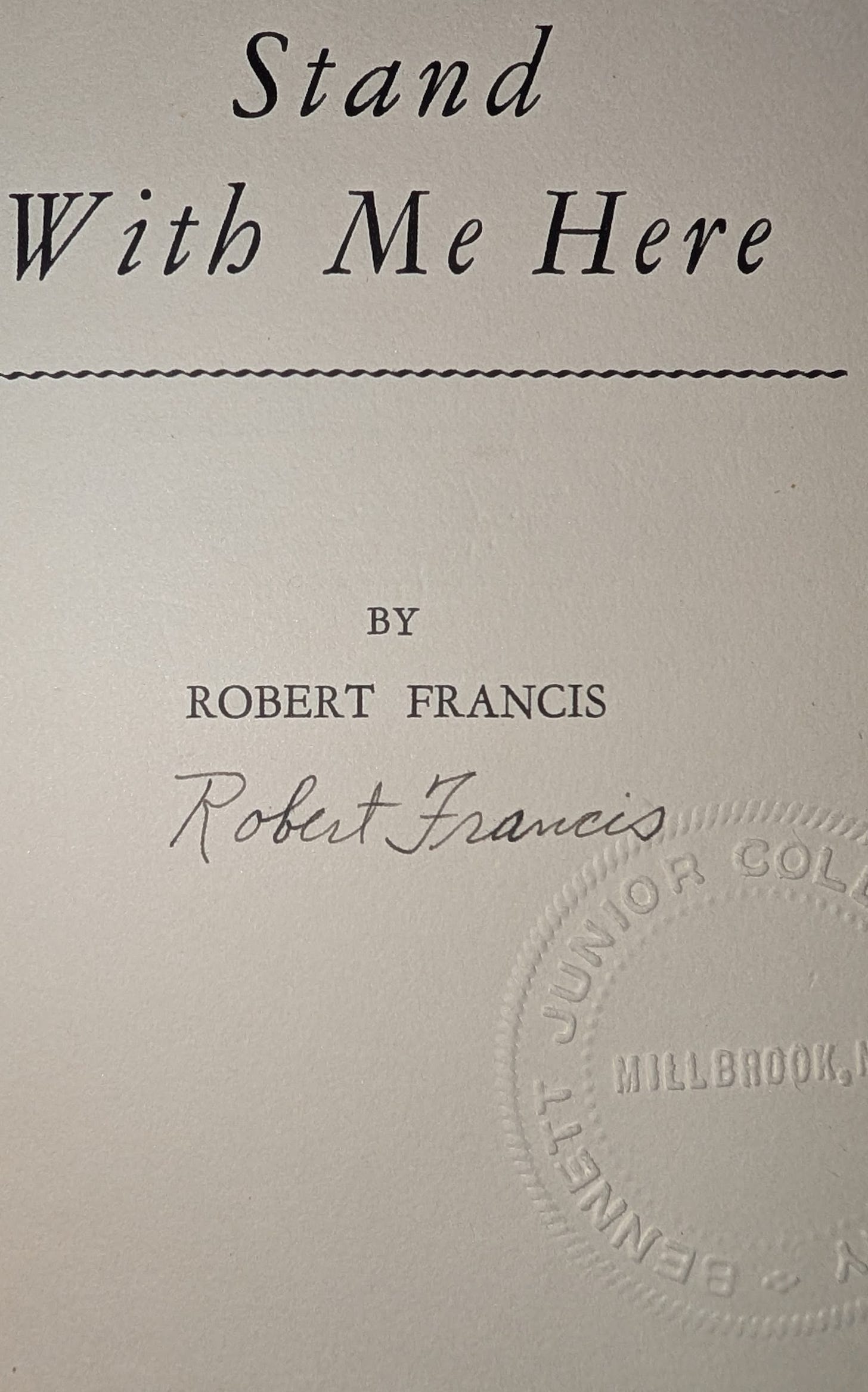Robert Francis - Roots
Here might a man, childlike, unbind his boots, Go with bared feet, and sometimes, pausing, stand To feel with the foot’s depth the years of mold Through which the buried roots, the living roots Climb down to levels more profoundly old— Eons of rock, centuries of sand. Here might the foot feel and the slowed mind feel What the root feels in its deep wanderings. For mind can probe the obstinate hidden boulder With fibers tenuous yet tough as steel And climbing down to levels deeper, older, Search, reach, and drink perennial springs.
I find myself thinking about cycles. Specifically. I find myself thinking about the cyclical nature of all things. I was sitting here this morning with coffee in the same mug I always drink my coffee from, with a notebook open to a fresh page and a new checklist started for myself when I glanced back a few pages and remembered that I am ruled by habit. But looking outward towards the wider world, it’s easy to see that the universe has a similar sovereign. As we find ourselves trapped within our own dismal rendition of humans being shitty to each other, it’s easy to get bogged down by the nowness of it all. It’s easy to forget the way the world loves to fold in on itself, repeat with small mutations. Seasons doing their wheel. Generations swapping out faces but replaying the same mistakes. My own routines like busted records, only trading overpriced coffee beans for some instant slop and ink for a notes app. There’s no such thing as a straight line in nature. Even if it looks straight, that’s only because you haven’t climbed high enough to see the curve.
In my own curve, I decided to go digging through some of my first editions and pulled out Robert Francis’ 1936 Stand Here with Me. This particular copy was originally part of the library at the long-gone Bennett Junior College. It has both Francis’ signature and Bennett’s embossed seal. There’s something really spiritual about these remnants of former existence being on the page together. A reminder of impermanence and our own place in the cycles.
In past readings I’ve sort of sped past this opening poem. Today, though, it stopped me immediately. The first couple of lines just hit me. “Here might a man, childlike, unbind his boots,/ Go with bared feet, and sometimes, pausing, stand/ To feel with the foot’s depth the years of mold”
The body is doing what the mind can’t. It’s letting go of whatever is separating it from just appreciating the world. The boot gets undone with this repetition of percussive b sounds that feel like proud declarations. Despite this, there is a hesitance in his actions. “childlike” and “pausing” are tucked onto comma islands so that their implications leak into our interpretation softly. There is something almost embarrassing about removing the trappings of adult life and society and just allowing yourself to get lost the insignificance of it all. This is all slowed by this string of sibilance that literally slows us down. It’s a sort of sonic separation between the clothed and unclothed experience.
Sound is doing its own cyclical thing here outside of the ABCACB rhyme scheme, with foot and root nearly echoing each other. It’s a great way to show how sound can reinforce the spirit of a poem. They are nearly the same word and Francis uses that to launch this idea of the foot attempting to cosplay the root. The foot feels what the root feels, and the mind tries to use the connection through this chain reaction of touch and etymology. It’s goofy but he leans into that simplicity. “Here might the foot feel and the slowed mind feel/ what the root feels” that repeated phrasing feels like we’re following the root underground and losing our sense of direction. It’s a bit disorienting, but we’re traveling back eons and centuries. It’s supposed to be disorienting. He gives us the whole body-mind spiral, with the mind probing with its own rootlets.
The hinge of the poem happens near the end of that second stanza in “with fibers tenuous yet tough as steel.” The phrase itself is tough to say with all those t’s and s’s scraping against each other. It forces you to enunciate each word but at the same time it flows in a way that feels appropriate. This is that embodiment through sound that happens in great poetry. This description of thought feels like thought. It’s flexible, invasive, and unyielding. Think of any intrusive thought you’ve had and Francis’ description becomes painfully accurate.
In its close, the poem has those thought tendrils drill into the earth and all of existence. “And climbing down to levels deeper, older,/ Search, reach, and drink perennial springs.” The commas kind of feel like we’re uncovering buried layers of something here. Then we’ve got this sequence of monosyllabic verbs in “search, reach, and drink”. It doesn’t conclude, it loops. Roots drink, man drinks, poem drinks. In case you didn’t see the everlasting nature of it all, Francis includes perennial as a qualifier. It’s a gentle reminder to be conscious of the connectedness of everything. To be aware of the cycle.




